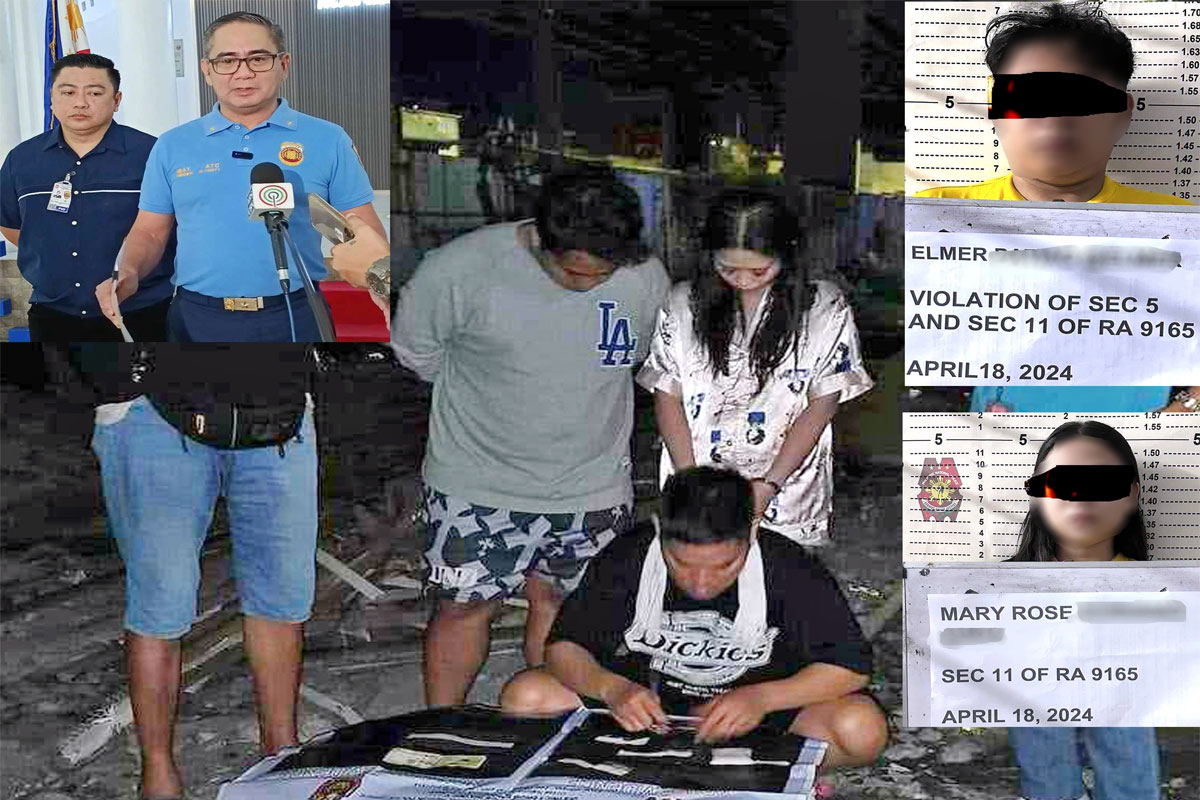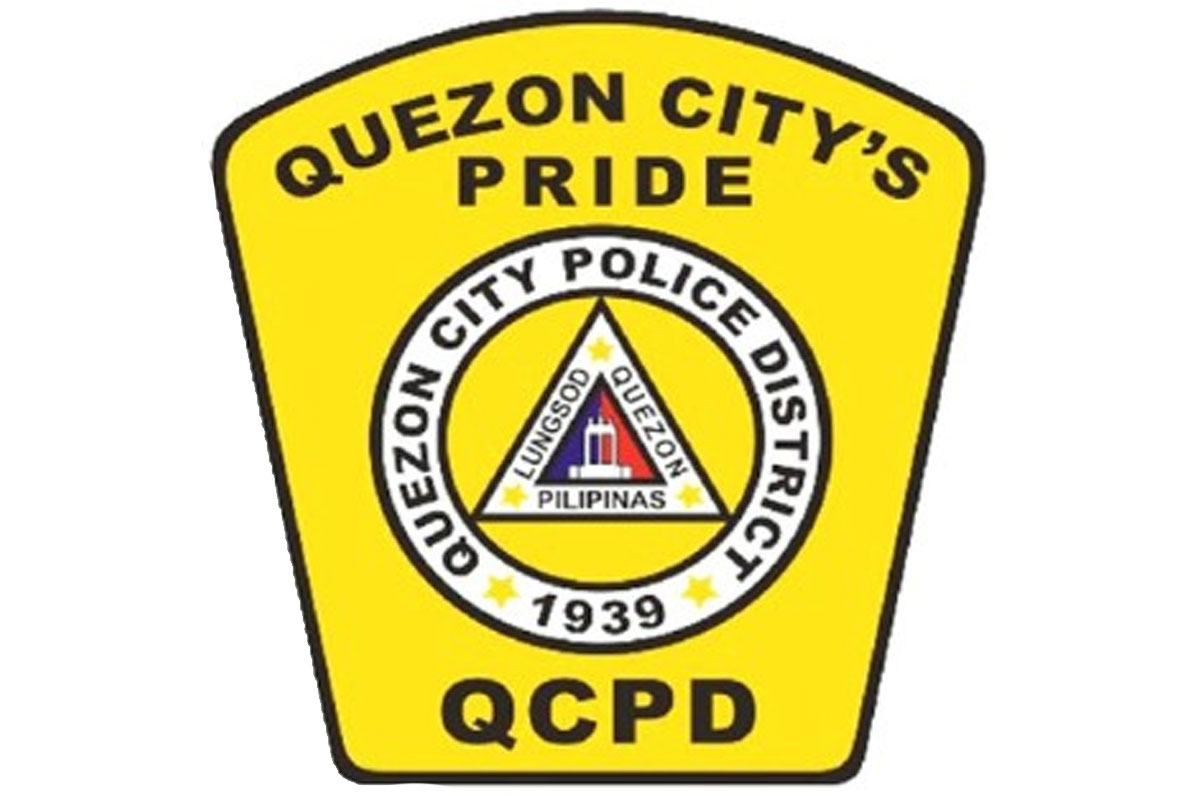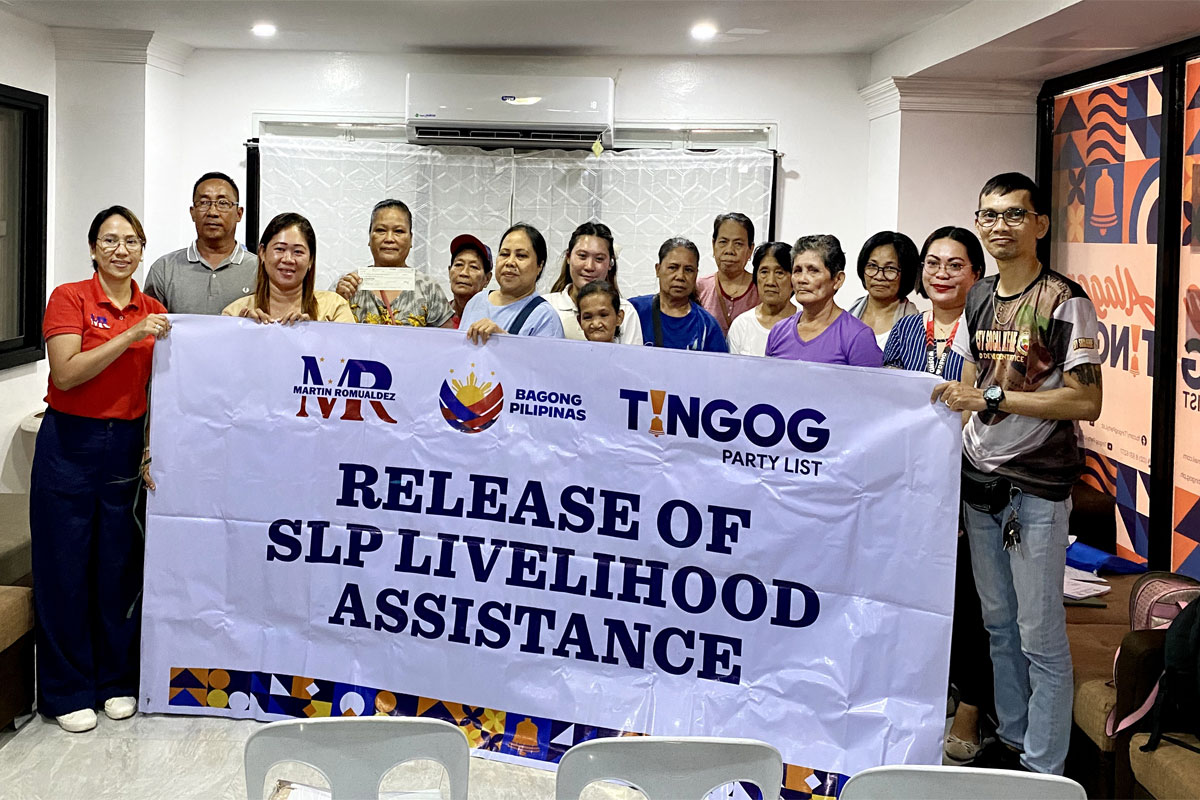 At the launch of the Beginning Reading Program, USAID Deputy Mission Director (DMD) Rebekah Eubanks (second from left) is joined by BARMM Cabinet Secretary Mohd Asnin Pendatun (second from right) in a storytelling session with Grade 3 students of Notre Dame Village Elementary School in Cotabato City. Other photo shows DMD Eubanks and Cotabato City Mayor Bruce Matabalao sign the commitment board to signify their support in the Education Sector Mechanism to help improve learning outcomes of Bangsamoro learners.
At the launch of the Beginning Reading Program, USAID Deputy Mission Director (DMD) Rebekah Eubanks (second from left) is joined by BARMM Cabinet Secretary Mohd Asnin Pendatun (second from right) in a storytelling session with Grade 3 students of Notre Dame Village Elementary School in Cotabato City. Other photo shows DMD Eubanks and Cotabato City Mayor Bruce Matabalao sign the commitment board to signify their support in the Education Sector Mechanism to help improve learning outcomes of Bangsamoro learners.
U.S. aid to boost education, climate resilience in BARMM
ON March 14 and 15, the United States government, through the U.S. Agency for International Development (USAID), launched new activities to help improve the quality of education in the Bangsamoro Autonomous Region in Muslim Mindanao (BARMM) and strengthen the region’s adaptation to the effects of climate change.
In Cotabato City, USAID Deputy Mission Director Rebekah Eubanks joined BARMM officials—led by Cabinet Secretary Mohd Asnin Pendatun and Ministry of Basic, Higher, and Technical Education (MBHTE) Deputy Minister Haron Meling—to launch a Php15-million ($273,000) technology-based education program in pilot areas in the Bangsamoro region. The Beginning Reading Program will use tablets to deliver reading instruction to students in Kindergarten through Grade 3. The tablets contain early grade reading materials including video-based beginning reading instructional modules in Hiligaynon, Central Bikol, and Magindanawn.
“USAID works with national and local government partners to introduce innovations that will ensure learning continuity and improve literacy, including reading proficiency of early grade learners,” said Deputy Mission Director Eubanks. “As a friend, partner, and ally, the United States will continue to support BARMM in providing learners with quality education and the competencies that will enable them to thrive and have successful futures.”
MBHTE Deputy Minister Meling described USAID’s interventions as “valuable tools to improve the learning of the Bangsamoro children.” “We welcome the Beginning Reading Program as it will ensure the learning of children through portable video devices that can work even without the internet,” he said. “We will work together to ensure that no Bangsamoro child will be left behind by providing inclusive and sustainable education.”
“We want to express gratitude to USAID for their support to the whole Bangsamoro region. We will continue to serve with pure hearts and sincere intention to give Bangsamoro children a brighter future,” added Cabinet Secretary Pendatun.
Deputy Mission Director Eubanks also launched the Education Sector Mechanism with Cotabato City Mayor Mohammad Ali dela Cruz Matabalao. This mechanism will allow education stakeholders in the government and private sector to identify challenges and areas of collaboration to improve the city’s quality of education.
Through its ABC+ project, USAID provides early grade reading materials for students and supports teacher development to improve basic education outcomes in literacy and social and emotional learning for all Bangsamoro children.
In Cotabato City, Deputy Mission Director Eubanks also handed over Automated Weather Station (AWS) equipment to Mayor Matabalao for the city government to collect weather and climate data and provide real-time weather monitoring and assessment. This equipment will help enhance the city’s disaster management and mapping capabilities which will contribute to the region’s climate resilience.
“Building a resilient city requires sharing of experience within and among our communities,” said Mayor Matabalao. “I look forward to more joint cooperation and positive progress in mainstreaming climate adaptation, mitigation, and disaster risk reduction actions in our respective local land use plans, local development plans, and zoning ordinances.”
Through its Climate Resilient Cities project, USAID is improving the resilience of six cities in the Philippines, namely, Batangas, Borongan, Cotabato, Iloilo, Legazpi, and Zamboanga, to adapt to, mitigate, and manage the impacts of climate change and other disasters.

















